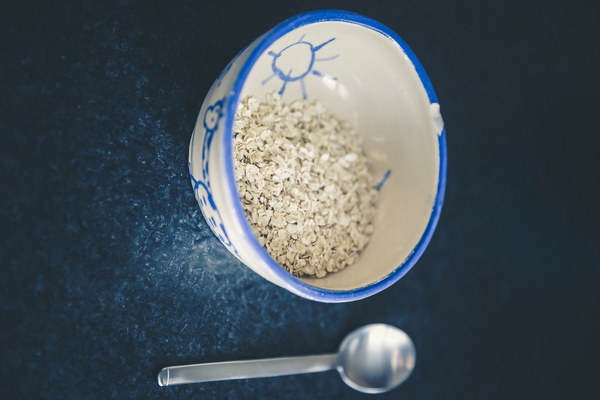Navigating the Winter Season A Comprehensive Guide to Winter Health and Wellness
As the cold winds of winter begin to sweep across the land, it is essential to prepare ourselves for the challenges that this season brings. The Winter Health and Wellness lecture aims to provide attendees with valuable insights into maintaining a healthy lifestyle during the coldest months of the year. In this article, we will explore the key points discussed in the lecture, offering practical tips and advice for staying healthy and comfortable throughout the winter season.
1. The Importance of Layering
One of the most crucial aspects of winter health is maintaining a stable body temperature. The lecture emphasized the importance of layering clothing to trap body heat while allowing moisture to escape. Participants were advised to wear a moisture-wicking base layer, an insulating mid-layer, and a windproof, water-resistant outer layer to ensure optimal warmth and comfort.
2. Hydration is Key
Despite the cold weather, it is essential to stay hydrated during the winter months. The lecture explained that the body can still lose significant amounts of moisture through respiration and perspiration, even when it is not as noticeable as in warmer months. Attendees were encouraged to drink plenty of water and consume warm liquids, such as herbal teas, to stay hydrated and support overall health.
3. Nutritional Balance
Winter brings a variety of seasonal produce, such as root vegetables, citrus fruits, and nuts, which are rich in essential nutrients. The lecture highlighted the importance of incorporating these foods into one's diet to maintain a balanced intake of vitamins, minerals, and antioxidants. Additionally, participants were advised to consume foods high in omega-3 fatty acids, such as fish, flaxseeds, and walnuts, to support brain health and reduce inflammation.
4. Physical Activity
It is essential to maintain an active lifestyle throughout the winter months to prevent weight gain and boost the immune system. The lecture suggested incorporating activities such as walking, cycling, or indoor sports into one's daily routine. Attendees were encouraged to take advantage of the cold weather by engaging in outdoor activities like skiing, snowboarding, or ice skating, which can be both fun and beneficial for overall health.

5. Sleep and Rest
The winter season often brings shorter days and longer nights, which can disrupt our natural sleep patterns. The lecture emphasized the importance of maintaining a consistent sleep schedule, ensuring that we get enough rest to support our immune system and overall health. Attendees were advised to create a comfortable sleep environment, limit exposure to electronic devices before bed, and establish a relaxing bedtime routine.
6. Stress Management
Winter can be a challenging time for many people, as it brings a sense of loneliness, financial stress, and seasonal affective disorder (SAD). The lecture highlighted the importance of stress management techniques, such as mindfulness, meditation, and yoga, to maintain mental health during the winter months. Attendees were encouraged to seek support from friends, family, or mental health professionals if needed.
In conclusion, the Winter Health and Wellness lecture provided valuable insights into maintaining a healthy lifestyle throughout the cold months of the year. By following the practical tips and advice shared during the lecture, individuals can navigate the winter season with ease, ensuring their physical, mental, and emotional well-being.









